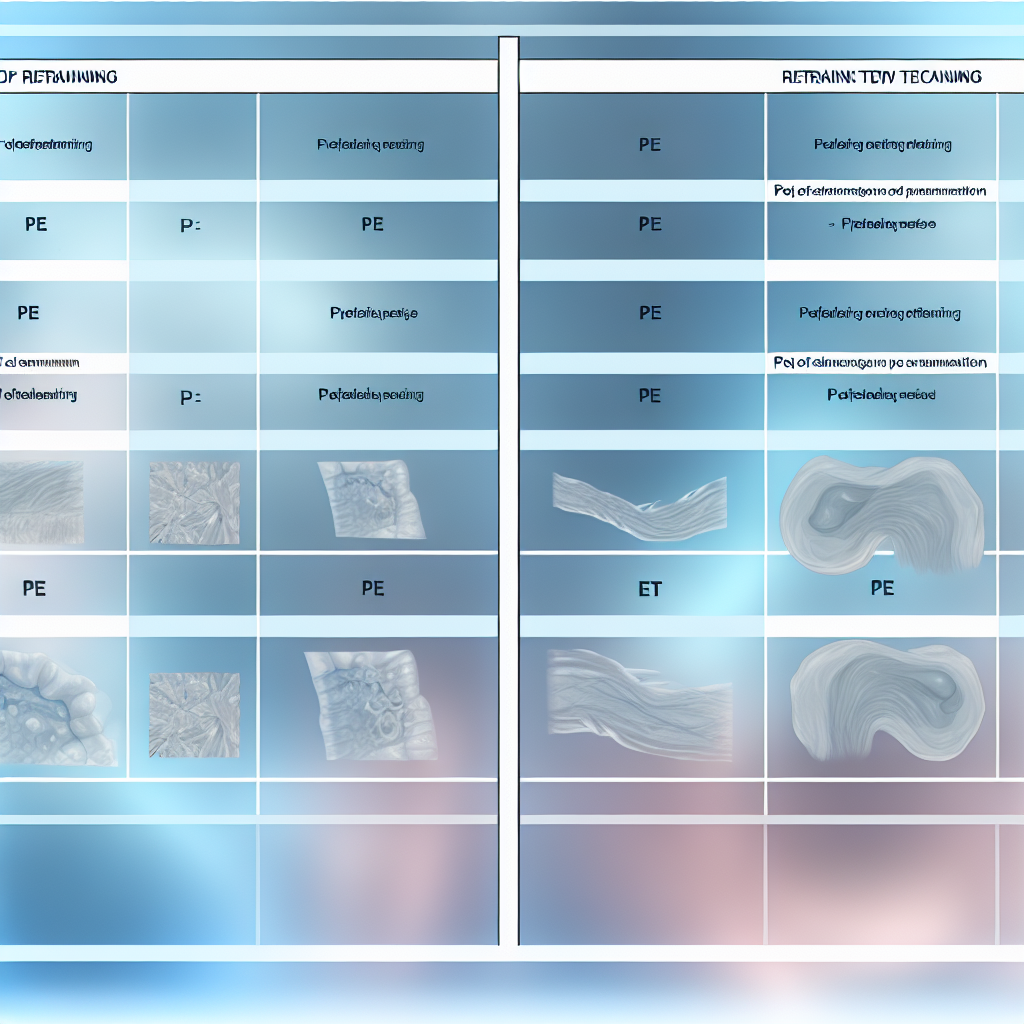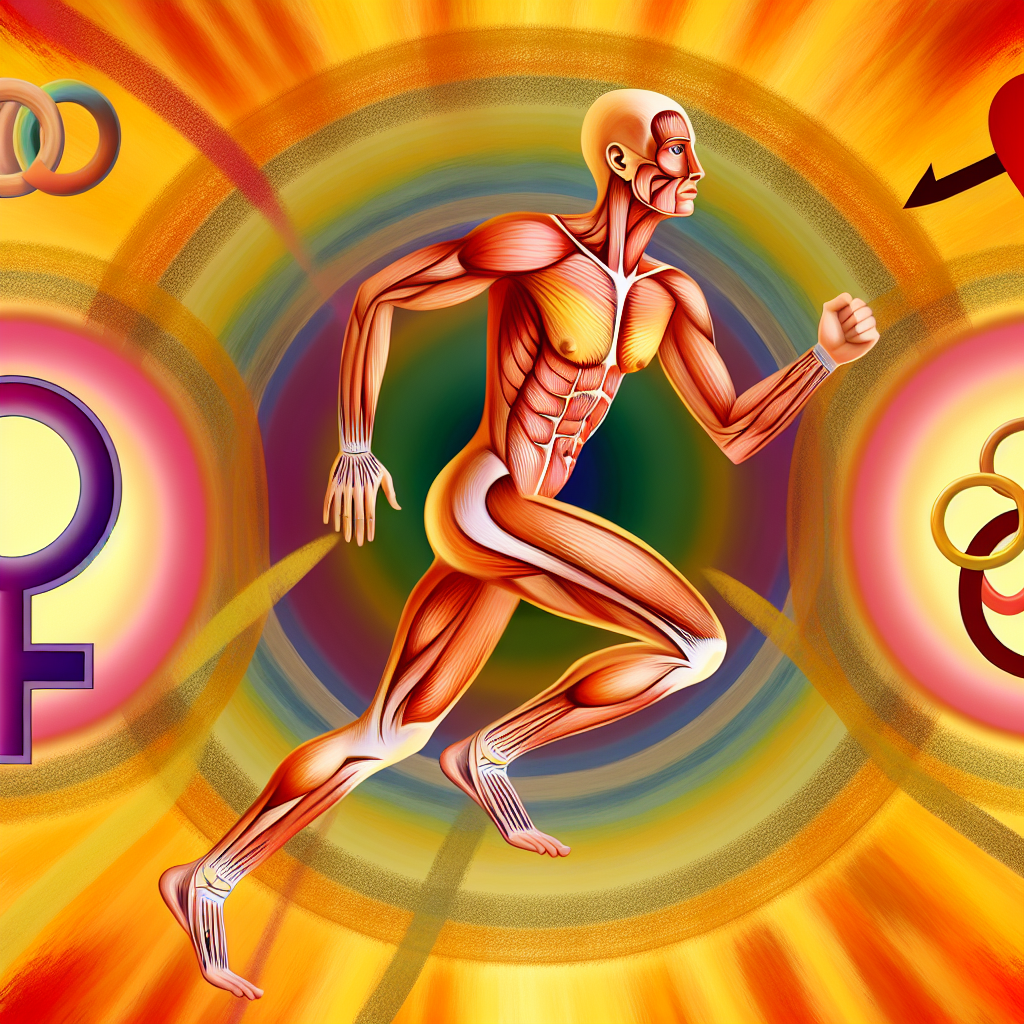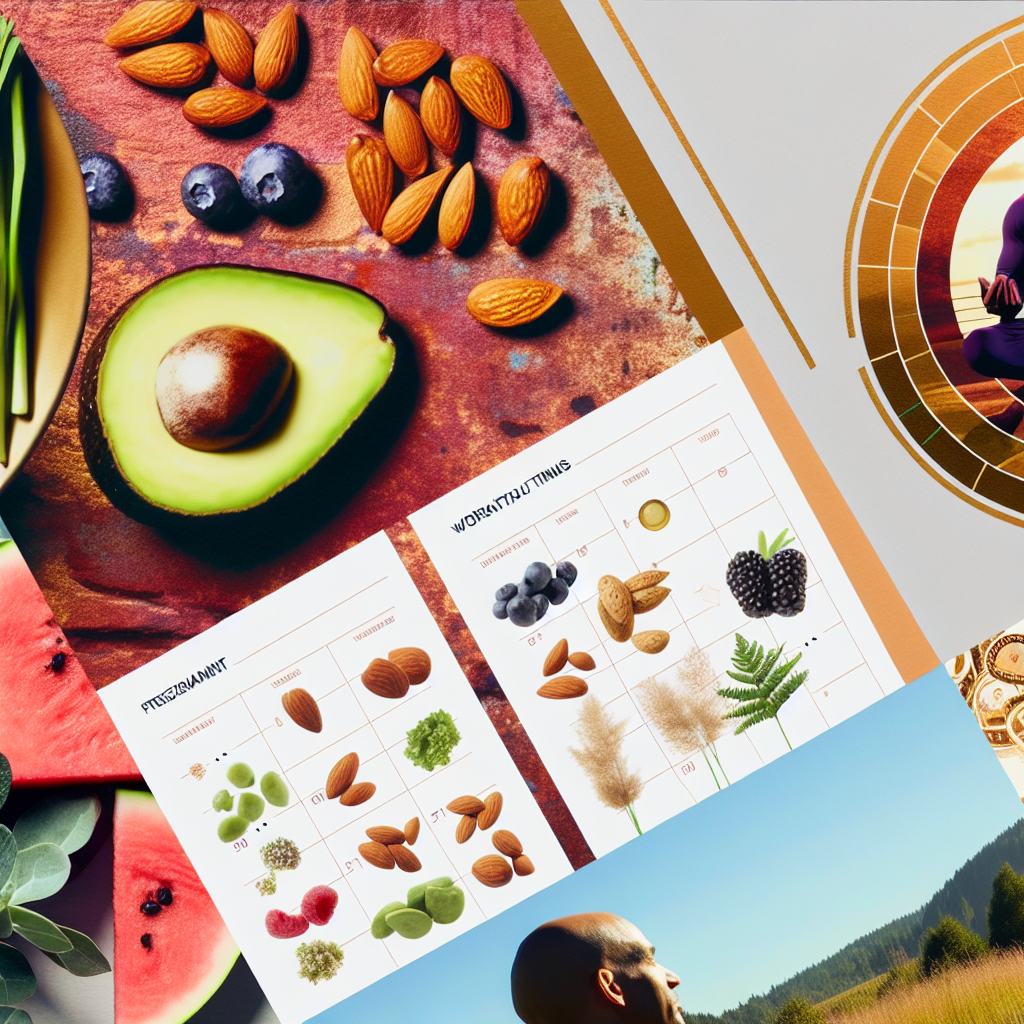Plant-Based Diets for Muscle Building and Health
Introduction
In recent years, plant-based diets have transitioned from niche dietary approaches to mainstream health trends, gaining popularity among people of all ages and lifestyles. Once primarily adopted by vegans and vegetarians, these diets are now embraced by a wide range of individuals—including athletes, health-conscious professionals, and seniors looking to improve longevity and vitality.
Several factors are fueling this shift: growing awareness of long-term health, environmental sustainability concerns, ethical considerations around animal welfare, and increasing scientific evidence validating the nutritional adequacy and performance benefits of a plant-forward lifestyle.
In particular, there’s a notable rise in interest surrounding plant-based muscle building—a realm once synonymous with heavy consumption of meat and dairy-based protein sources. This traditional paradigm is being challenged by both emerging science and the real-world results of elite athletes thriving on vegan diets. Are animal products essential for gaining lean mass and building strength?
The answer is a compelling no—so long as plant-based eating is approached strategically.
**Protein-rich plant foods** such as legumes, beans, lentils, quinoa, tofu, tempeh, nuts, seeds, and whole grains offer all the building blocks needed for muscle growth. These foods also bring anti-inflammatory properties, crucial vitamins, minerals, and antioxidants, supporting quicker recovery, higher energy levels, and long-term well-being. Whether you’re a teenager aiming to bulk up, a busy dad navigating midlife fitness, or a senior pursuing strength and mobility, a well-rounded plant-based diet can deliver exceptional benefits.
This article delves into the scientific support for plant-based muscle building, offers insights from the medical community, and provides practical guidance on how men of all ages can effectively build and maintain muscle on plants alone.
Scientific Support and Medical Perspective
Building muscle on a plant-based diet might once have seemed counterintuitive, but research continues to prove it not just plausible—but highly effective.
A 2019 study in the journal Nutrients compared muscle protein synthesis between those on animal-based versus plant-based diets. The surprising finding? As long as total protein intake was sufficient and diverse plant sources were combined to cover all essential amino acids, muscle growth was equivalent across both groups. This reinforces that it’s the protein’s quality and consistency—not necessarily its source—that determines outcomes. [Read the study here](https://www.ncbi.nlm.nih.gov/pmc/articles/PMC6723444/).
Further evidence comes from a 2020 randomized controlled trial published in the American Journal of Clinical Nutrition. Over 12 weeks, resistance-trained individuals following a vegan diet built just as much lean body mass as those on omnivorous diets. Additionally, the vegan group experienced enhanced cardiovascular markers and reduced inflammation—proving plant-based eating doesn’t compromise muscle gain and may actually improve total body health. [View study](https://academic.oup.com/ajcn/article/112/2/351/5866404).
For those with long-term health in mind, it’s worth considering broader disease prevention. According to a major 2020 study in JAMA Internal Medicine, high consumption of red and processed meats significantly raises the risk for cardiovascular disease and certain cancers. In contrast, heart-healthy, fiber-rich whole-food plant-based diets reduce these risks considerably. [Explore details](https://jamanetwork.com/journals/jamainternalmedicine/fullarticle/2759733).
To successfully build muscle on a plant-based regimen, it’s critical to consume:
– Enough total calories to support your training goals
– Diverse, complementary protein sources for a full amino acid profile
– Nutrient-dense foods rich in vitamins like B12, iron, calcium, and omega-3s (which often need attention in vegan diets)
Top plant-based protein sources include:
– Legumes (chickpeas, lentils, black beans)
– Whole grains (brown rice, oats, quinoa)
– Soy-based products (tofu, tempeh, edamame) — complete proteins
– Nuts and seeds (almonds, chia seeds, hemp)
– Plant-based protein powders (from peas, brown rice, pumpkin, or soy)
Soy, in particular, deserves special mention. Persistent myths link soy to lowered testosterone—a claim unsupported by science. In fact, clinical studies indicate soy has no feminizing effects and supports healthy hormone balance in men. Multiple health organizations, including the American Institute for Cancer Research and the Academy of Nutrition and Dietetics, regard moderate soy consumption as safe and beneficial.
An often overlooked benefit of plant-based eating is its impact on workout recovery. Fruits, vegetables, legumes, and grains are packed with antioxidant and anti-inflammatory compounds that promote quicker healing, reduce muscle soreness, and keep you in the gym without long downtimes.
A UCLA Health meta-analysis found that individuals on plant-based diets tend to have significantly lower levels of the inflammation biomarker C-reactive protein (CRP), leading to improved recovery outcomes and reduced risk of chronic fatigue. [Read the analysis](https://www.uclahealth.org/news/plant-based-diets-may-help-reduce-chronic-inflammation).
Beyond muscles and recovery, gut health plays a pivotal—but often underestimated—role in these processes. A healthy gut microbiome enhances nutrient absorption, modulates immune function, and regulates hormones such as cortisol and testosterone. A 2021 article from Frontiers in Nutrition confirms that individuals consuming a wide variety of plant foods enjoy better microbiome diversity—translating directly into metabolic efficiency, improved digestion, and better resilience against illness. [Access the research](https://www.frontiersin.org/articles/10.3389/fnut.2021.647547/full).
Conclusion
A strategic, nutrient-dense plant-based diet is not only effective for muscle building—it’s superior in supporting overall health, reducing chronic disease risk, and enhancing recovery. Far from restrictive, plant-based eating opens up a diverse world of flavors, textures, and benefits that appeal to men in every stage of life.
For teens developing athletic potential, adults balancing fitness with work and family, and seniors preserving strength and function, whole food vegan or plant-exclusive diets offer sustainable, long-term health advantages without sacrificing performance.
Success lies in careful planning: adequate calorie intake, a variety of whole plant foods, awareness of micronutrient needs, and utilizing fortified or supplemental options where needed (e.g., B12, vitamin D, omega-3s). With more grocery products, restaurant options, and quality protein supplements emerging daily, making this transition has never been more attainable.
Shifting to a plant-based lifestyle equips you with long-term tools to boost energy, performance, and resilience—on and off the field, into your 90s and beyond.
Concise Summary
Plant-based diets are powerful tools for muscle growth and long-term health across all ages. Scientific studies confirm that with sufficient protein intake and food diversity, plant-based eaters can build muscle as effectively as omnivores. Benefits include faster recovery, reduced inflammation, better gut health, and lower chronic disease risk. Top vegan proteins like legumes, soy, quinoa, and nuts deliver complete amino acids. With proper planning, this lifestyle supports athletes, fathers, and seniors alike, boosting strength, energy, and longevity.
References
1. [https://www.ncbi.nlm.nih.gov/pmc/articles/PMC6723444/](https://www.ncbi.nlm.nih.gov/pmc/articles/PMC6723444/)
2. [https://academic.oup.com/ajcn/article/112/2/351/5866404](https://academic.oup.com/ajcn/article/112/2/351/5866404)
3. [https://jamanetwork.com/journals/jamainternalmedicine/fullarticle/2759733](https://jamanetwork.com/journals/jamainternalmedicine/fullarticle/2759733)
4. [https://www.uclahealth.org/news/plant-based-diets-may-help-reduce-chronic-inflammation](https://www.uclahealth.org/news/plant-based-diets-may-help-reduce-chronic-inflammation)
5. [https://www.frontiersin.org/articles/10.3389/fnut.2021.647547/full](https://www.frontiersin.org/articles/10.3389/fnut.2021.647547/full)

Dominic E. is a passionate filmmaker navigating the exciting intersection of art and science. By day, he delves into the complexities of the human body as a full-time medical writer, meticulously translating intricate medical concepts into accessible and engaging narratives. By night, he explores the boundless realm of cinematic storytelling, crafting narratives that evoke emotion and challenge perspectives. Film Student and Full-time Medical Writer for ContentVendor.com




